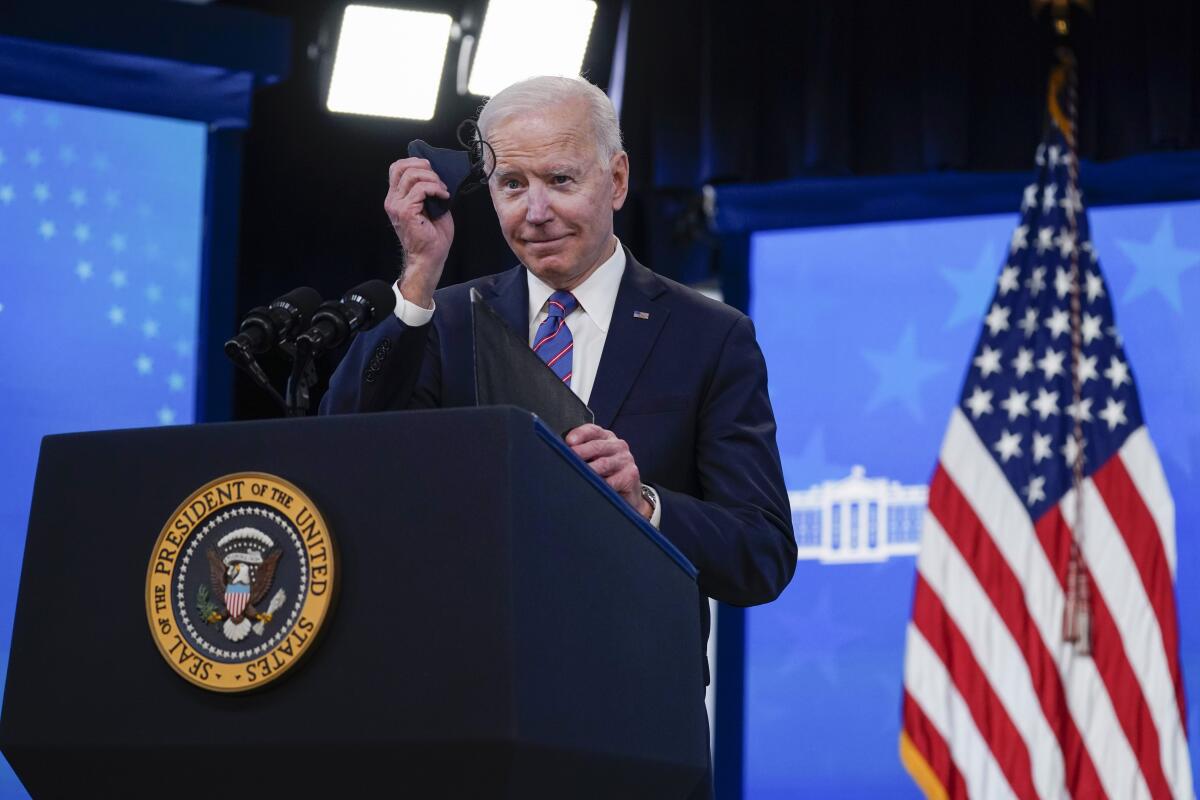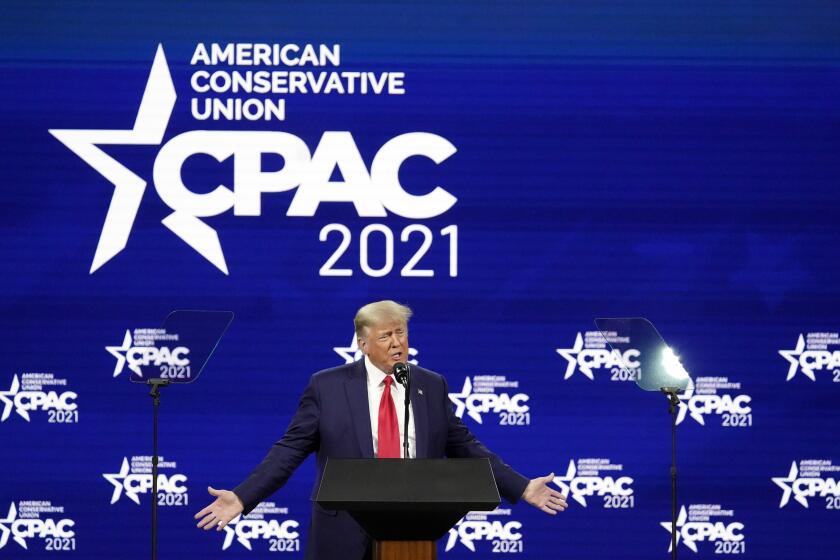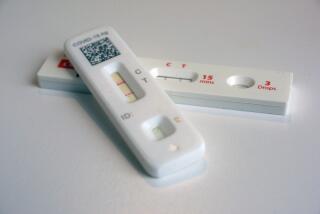White House earmarks $10 billion for vaccine drive in low-income and minority areas

WASHINGTON — The White House said Thursday that it would dedicate another $10 billion to try to drive up COVID-19 vaccination rates in low-income, minority and rural enclaves throughout the country.
The effort, which is funded through the $1.9-trillion coronavirus relief package passed earlier this month, will include $6 billion for community health centers to expand vaccinations, testing and other preventive healthcare for populations at higher risk of COVID-19.
The Biden administration, which will start distributing the money in April to nearly 1,400 centers across the country, said health centers can also use the funding to modify and improve infrastructure and add mobile units.
In addition, the administration said it was allotting $3 billion to bolster “vaccine confidence.” The money, which will be parceled out to 64 jurisdictions, can be used by rural faith-based organizations and by food-assistance and housing nonprofits in high-poverty communities for door-to-door outreach and education efforts to urge eligible people to schedule vaccination appointments.
As the U.S. seeks to build herd immunity from the coronavirus, Republicans’ vaccine hesitancy has emerged as a big challenge. Former President Trump hasn’t helped.
Some of the funding will also be spent to help dialysis clinics provide COVID-19 vaccinations to people receiving dialysis and to healthcare personnel in the clinics.
About $300 million is earmarked for community health worker services to support COVID-19 prevention and control, and an additional $32 million is for training, technical assistance and evaluation, the White House said.
The COVID-19 pandemic has killed more than 545,000 people in the U.S., according to figures compiled by Johns Hopkins University.
More to Read
Get the L.A. Times Politics newsletter
Deeply reported insights into legislation, politics and policy from Sacramento, Washington and beyond. In your inbox three times per week.
You may occasionally receive promotional content from the Los Angeles Times.











